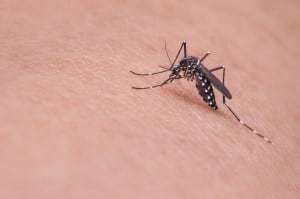
In order to reduce the potential transmission of Zika virus from human cells, tissues, and cellular and tissue-based products (HCT/Ps), the U.S. Food and Drug Administration is providing new recommendations regarding the donation of HCT/Ps from both living and deceased donors.
HCT/Ps products include:
- Umbilical cord blood
- Placenta
- Gestational tissues
- Corneas, bone
- Skin
- Heart valves
- Hematopoietic stem/progenitor cells (HPCs)
- Gestational tissues such as amniotic membrane
- Reproductive tissues such as semen and oocytes.
According to the Centers for Disease Control and Prevention, Zika virus can be spread by a man to his sexual partners. And to date, there have been several cases of sexual transmission in the U.S. Current information about Zika virus detection in semen suggests that a period of ineligibility longer than the waiting period that has been recommended for donors of Whole Blood and blood components is necessary for HCT/P donors.
- Recommendations for living donors of HCT/Ps: Donors should be considered ineligible if they were diagnosed with Zika virus infection, were in an area with active Zika virus transmission, or had sex with a male with either of those risk factors, within the past six months. Donors of umbilical cord blood, placenta, or other gestational tissues should be considered ineligible if they have had any of the above risk factors at any point during their pregnancy.
- Recommendations for deceased (non-heart-beating) donors: Donors should be considered ineligible if they were diagnosed with Zika virus infection in the past six months.
Click here to get more information from the FDA
Update 5/22/17: Click here to see the CDC’s travel recommendations for Zika in that country.






